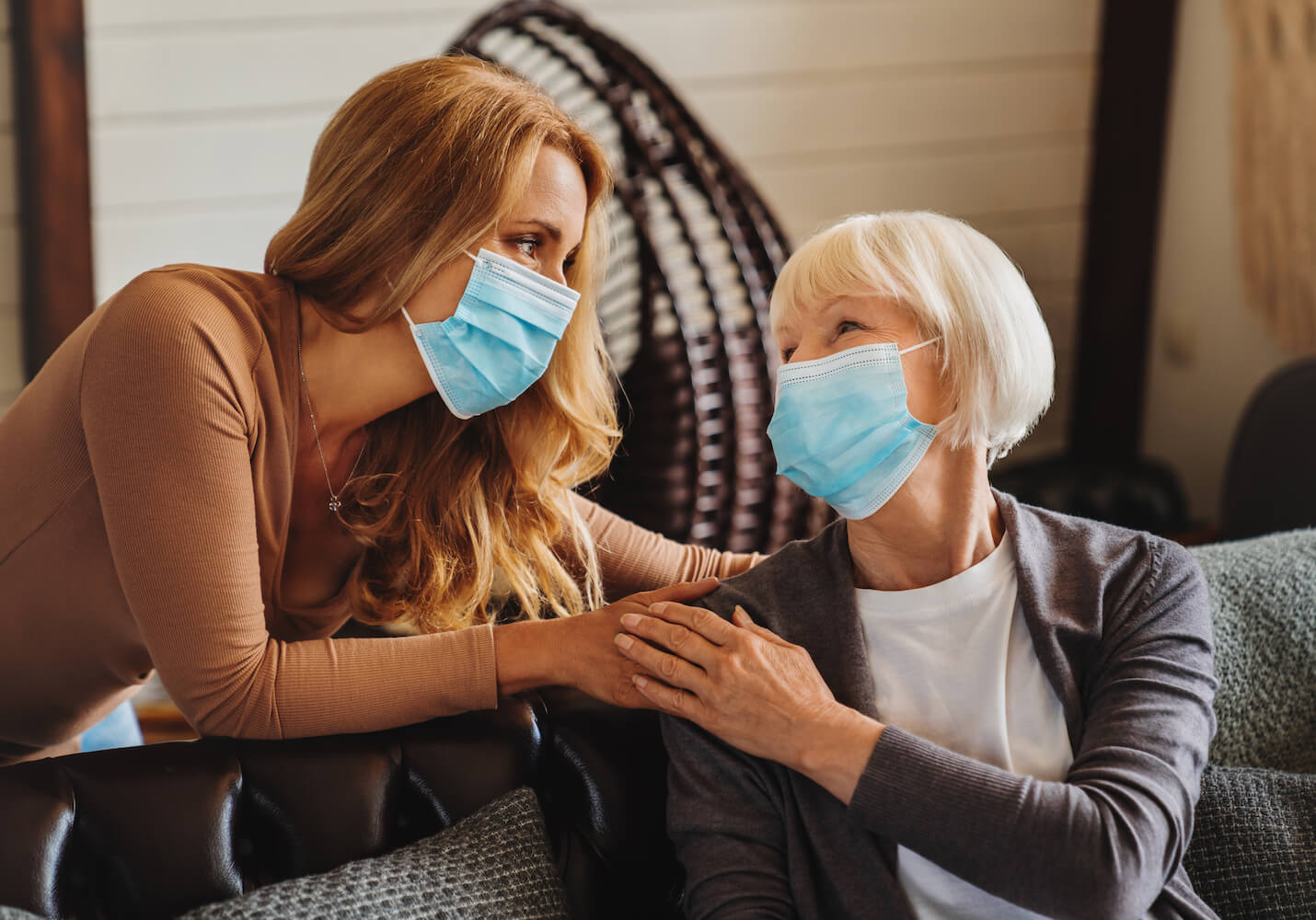
After you receive a COVID-19 vaccine, what happens next?
While the past year has been filled with lockdowns and masking up, people are finally getting a shot at a COVID-19 vaccine. Millions have waited and wished for this promise of protection, but now you may be wondering what it means for you. Many people have questions about the COVID-19 vaccine: How long does it last? How do the vaccines compare? Are there any side effects? And what can you expect once you’ve received the vaccine?
To put your mind and your nerves at ease, the following COVID-19 vaccine guidelines will give you a much-needed dose of truth.
Compare each COVID-19 vaccine
While three COVID-19 vaccines are currently available in the U.S., one of the first things you should know is that they’ve all been demonstrated to be safe and effective. Many experts believe that the right vaccine for you is the first one you’re offered, but you may be given a choice. Today, the FDA has approved vaccines developed by Pfizer-BioNtech, Moderna, and Johnson & Johnson. But which is right for you? Thanks to the recent COVID-19 vaccine guidelines, you can find answers to these common questions about the COVID-19 vaccine: How long does it last? How many shots are needed? How much protection does it offer? Let us unmask the facts about each vaccine:
Pfizer-BioNtech: Excellent effectiveness
Recommended for anyone age 16 and older, this vaccine was found to be 95% effective at preventing COVID-19 in people without prior infection, yet 100% effective at preventing severe disease across all ages, genders, and races. Two shots are given 21 days apart. When the Pfizer vaccine was first offered, it required shipping and storage in ultra-cold temperatures, but new data has shown it stays stable at temperatures typically found in pharmacies, which has made it easier to distribute. With concern about various variants, this vaccine has been found to protect against the mutation from Great Britain, yet may be less effective against the South African variant.
Moderna: A world of protection
Approved for adults age 18 and older, this vaccine was shown to be 94% effective at preventing COVID-19 infections in people with no prior virus, but its effectiveness fell to 84% in those over age 65. The latest COVID-19 vaccine news has suggested that Moderna may offer protection against the variants from both Great Britain and South America, but this is still being studied. Two shots are administered 28 days apart. This vaccine is easier to distribute than the Pfizer-BioNtech vaccine because it can be shipped in standard freezers and stored under normal refrigeration for up to 30 days.
Johnson & Johnson: One-shot wonder
Only one shot of this COVID-19 vaccine is needed, which has made it popular among those seeking single-shot protection. Authorized for adults age 18 and older, this vaccine was deemed 66% effective at preventing moderate to severe disease, and 85% effective at stopping severe disease. Since the Johnson & Johnson vaccine can be stored at regular refrigerator temperatures for months, people in rural areas will be more easily able to get it. According to recent COVID-19 vaccine news, the FDA has indicated that the J&J vaccine offers protection against variants from both Great Britain and South America.
COVID-19 vaccine side effects to expect
There are two sides to side effects. While any vaccine can trigger a reaction, this isn’t always a bad thing. The upside of side effects is that they indicate your immune system is building protection against the virus. The most common COVID-19 vaccine side effects for all three vaccines include soreness at the injection site, fatigue, headaches, muscle aches, joint pain, and nausea. Side effects are more common after the second doses of the Pfizer and Moderna vaccines. These side effects are mostly minor and typically only last a few days. If they last any longer, consult your SignatureMD-affiliated doctor. If you think you may be having a severe allergic reaction, call 911 right away.
Rules of engagement once you’re vaccinated
Congratulations, you got your COVID-19 vaccine! However, simply getting the vaccine doesn’t mean that you’re immune to letting down your guard—or even letting down your mask! Since no vaccine is 100% effective, you still have a small risk of getting sick. It also takes a few weeks for your immune system to start producing protective antibodies. And while your vaccine may protect you, it doesn’t protect others, since you still can carry the virus and spread it to others, even if you don’t have any symptoms. That’s why you need to keep wearing a mask, avoiding poorly ventilated places, and practicing social distancing until enough people get the vaccine to reach herd immunity.
With these COVID-19 vaccine guidelines, you’ll be armed and ready to get your vaccine and one day return to a more normal life.